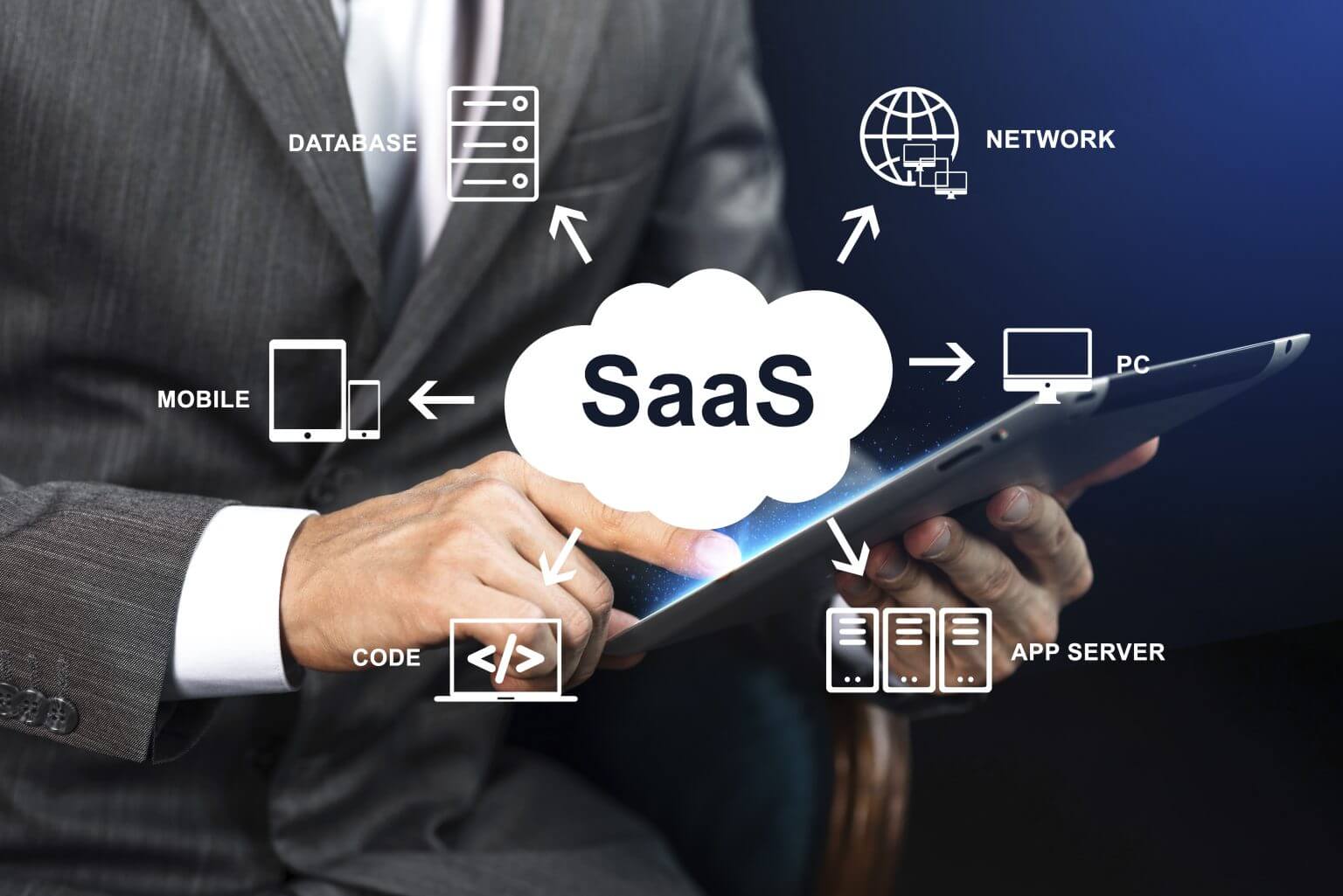
Small and Medium Enterprises (SMEs) are no exception to this trend. However, the path to sustainable business operations can seem daunting, especially when resources are limited. This is where Software as a Service (SaaS) comes into play, offering eco-efficiency tools that are not only accessible but also scalable and cost-effective.
In this article, you will explore SaaS is revolutionizing SMEs by enabling sustainable business practices that contribute to both environmental preservation and economic profitability.
Before we explore the role of SaaS, it’s essential to understand the importance of sustainability in the current business environment. Sustainability involves operating in a manner that is environmentally responsible, economically viable, and socially equitable. For SMEs, adopting sustainable practices is not just about reducing their carbon footprint but also about enhancing brand reputation, meeting regulatory requirements, and realizing long-term cost savings.
SaaS stands out as a game-changer for SMEs striving for sustainability. These cloud-based services eliminate the need for physical infrastructure, which in turn reduces energy consumption, waste, and the overall environmental impact.
Here are keyways SaaS is facilitating sustainable operations in SMEs:
SaaS applications run on cloud infrastructure, centrally hosted by the service providers. This setup allows for optimized energy use and a significant reduction in the carbon footprint compared to traditional on-premises software solutions. Data centers powering SaaS applications increasingly rely on renewable energy sources, further enhancing the sustainability quotient.
SaaS tools offer advanced analytics and data-driven insights that help SMEs optimize their resource usage. From supply chain management to energy consumption, these tools enable businesses to identify inefficiencies and implement more sustainable practices. The ability to track and analyze operational data in real time supports informed decision-making, leading to more eco-efficient operations.
One of the most significant advantages of SaaS for SMEs is its scalability. As businesses grow or their needs change, SaaS solutions can easily adjust, ensuring that resources are not wasted on unused licenses or excess capacity. This flexibility supports sustainable growth by ensuring that resources are utilized efficiently and only as needed.
The global shift towards remote work has been significantly facilitated by SaaS applications. This shift not only reduces the need for office space, leading to lower energy consumption and fewer resources used, but also decreases employee commuting, which contributes to reduced greenhouse gas emissions. SaaS tools supporting collaboration, project management, and communication are essential for maintaining productivity in remote work settings, making sustainable business practices more attainable.
Sustainability reporting and compliance with environmental regulations can be complex and resource-intensive. SaaS platforms specializing in compliance management simplify these processes by automating data collection, monitoring, and reporting. This not only ensures that SMEs stay on top of regulatory requirements but also helps them communicate their sustainability efforts to stakeholders transparently.
SaaS solutions promote a shift towards a circular economy by enabling better asset and inventory management, reducing waste, and facilitating the reuse and recycling of materials. By providing tools that support efficient inventory tracking and management, SaaS helps SMEs minimize overproduction and excess stock, which are often significant sources of waste.
To illustrate the impact of SaaS on sustainable business operations, let’s look at a few examples:
For SMEs, the journey towards sustainability is fraught with challenges, but SaaS presents a viable and effective path forward. By leveraging eco-efficiency tools offered by SaaS, small and medium-sized businesses can significantly enhance their sustainability efforts without compromising on performance or profitability. The scalability, flexibility, and cost-effectiveness of SaaS solutions make them an ideal choice for SMEs aiming to operate more sustainably. As we move towards a greener
we are the best company giving services of UI UX designing, web developing or SEO since 2001.